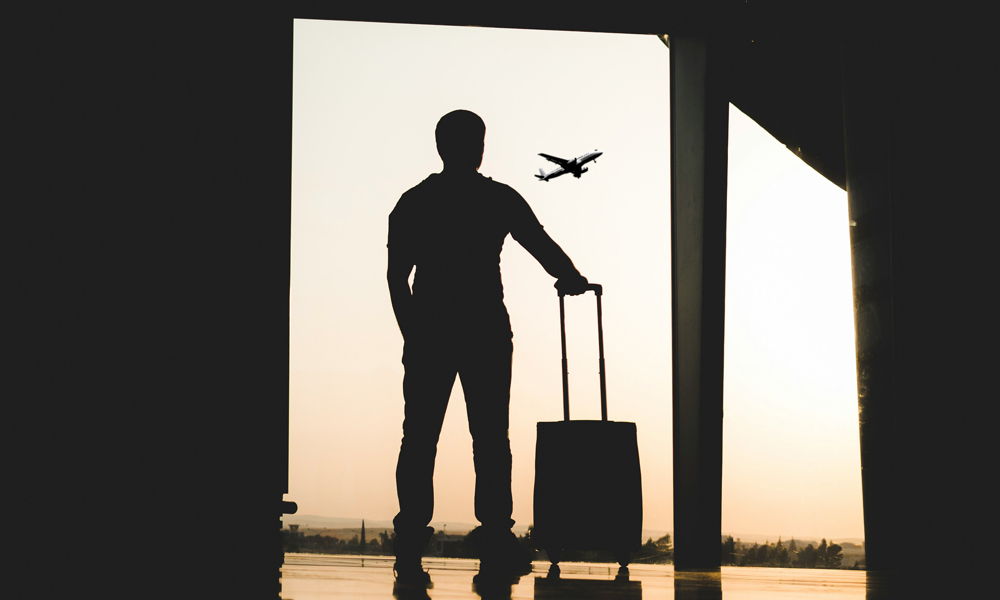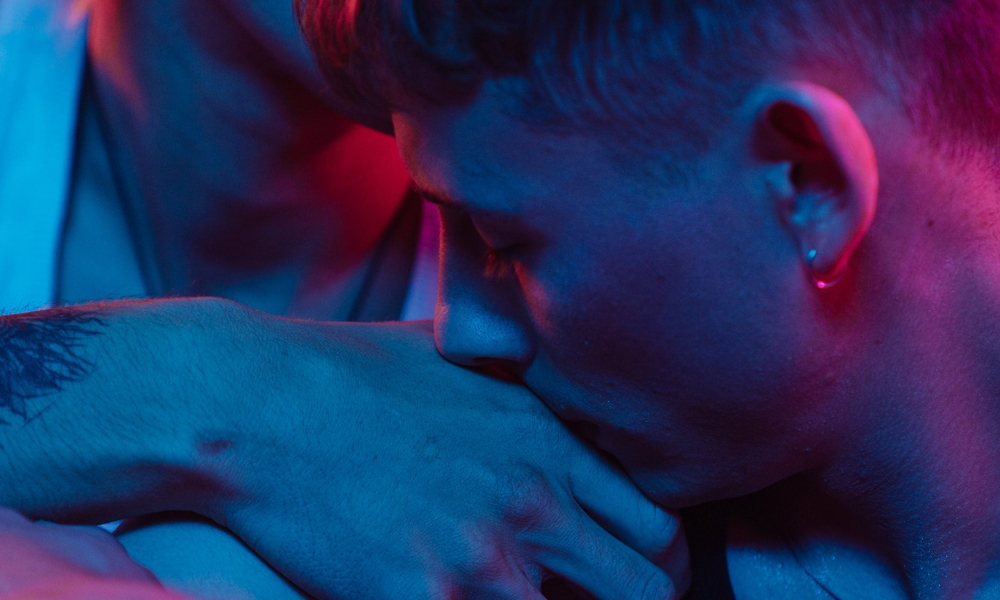Let’s take a chance and be kinder to each other…
By Paul Gallant
Years ago, when I was a more careless and less informed person, I flippantly used the word “tranny” in a private conversation within earshot of others at a public event. Someone overheard me and told a couple of other people, who confronted me right there. I was mortified then, and I redden in the face recounting this now. There was no excuse for me using the word, but, by way of explanation, I was trying to fit into a new social milieu where other gay people were calling me “faggot” in a (kinda, sorta) friendly way, and I was experimenting with how cavalier I should be in order to demonstrate my comfort and at-homeness in the Toronto LGBT world. A misjudged stab not at disrespect, but at being a homeboy.
Looking back with the wisdom of age, and with many lovely trans people in my life, why on earth would I think it would be okay to throw around a word that serves no purpose other than to hurt people? But looking back, I also wonder: couldn’t the overhearer have quietly pulled me aside to set me straight? In a world where indignation and one-upmanship seem to be the rule, the LGBT community has the power to set a higher standard of generosity towards one another.
It’s a common complaint that mainstream gay male culture promotes body fascism, with gym bunnies treating non-conforming guys like second-class citizens. I agree that’s nasty. But respect is a two-way street. I’ve also heard artsy types dwell on the vacuity of body-conscious guys who have nothing in their lives but the gym, as if there is a right and a wrong way to spend one’s spare time. I have written before about how horrible some gay white men sound when they refuse to contemplate where Black Lives Matter was coming from when it demanded major changes—some admittedly debatable, like banning police uniforms in the parade—to make people of colour feel more welcome at Toronto Pride. On the other hand, at a public meeting last year, I witnessed a well-meaning white woman ask a sincere question about why police recruitment booths at Pride couldn’t be a good thing, only to have her voice drowned out by attendees who had no patience for questions that didn’t fall in line with the for-us-or-against-us script.
If any group of people should know that nobody has it all figured out, that nobody has a definitive answer on how to make the world a better place and that people’s attitudes and viewpoints can evolve under the right conditions, it should be LGBT people. But histories that should make us more generous with each other can make us less so. Having been picked on, discriminated against, ignored and sometimes insulted right to our faces, we’ve learned that enemies exist, and that sometimes malice is subtle, tucked away in biases, assumptions and systemic discrimination. We have learned to look for little clues that this is happening to us. Key words, words not spoken, a certain tone of voice can all signify that someone or some institution has an “issue” with us, and therefore we have a problem to solve or endure.
A few weeks ago, in a Q&A after his new play, It’s All Tru, playwright Sky Gilbert talked about how—even though things have gotten much better for LGBT people in Canada—our historic oppression, and the impact of the AIDS crisis, have left scars on the community. Sometimes our scars makes us touchy, but if we pay attention, these scars can also make us more empathetic to others, more able to value similarities over differences.
People who are marginalized in multiple ways—because of their ethnic background, appearance, ability, immigration status, mental health status, HIV status, religion, gender, etc.—learn a particularly long list of indicators that tell them whether they’re facing an “issue” in any given situation. Considering the pervasiveness of systemic discrimination, which can unfold automatically and unconsciously, people are often not wrong in their assumptions. There’s lots more work to do.
But in our own communities, we should be striving to make this assumption wrong. Among our own kind—and I define “own kind” very broadly—we should bring our best, most generous selves. It’s not about keeping up with the latest terminology or taking a sensitivity workshop, though those are both fine undertakings. It’s about really listening to each other, hearing what others in our community say—not scouring their words for something that will give us the upper hand. Why speak at all if it’s not going to win over others?
Our safe spaces should be free of judgment not only about who we are, but also about the low-level mistakes we make as a scarred and struggling community. I am not naive. Donald Trump and his ilk are malicious, yes. But the person next to you at Pride, a bar or a community meeting is usually, at worst, ill-informed.
Rapidly changing attitudes towards LGBT people and other minorities demand ongoing dialogue rather than recalcitrance. There is no party line. Even in a country that has, in many ways, become one of the world’s best places for LGBT people to live, that’s a gift we can give ourselves within our own communities.
PAUL GALLANT is a Toronto-based writer and editor who writes about travel, innovation, city building, social issues (particularly LGBT issues) and business for a variety of national and international publications. He’s done time as lead editor at the loop magazine in Vancouver as well as Xtra and fab in Toronto, and is currently executive editor at BOLD magazine.





Comments
1 Comment